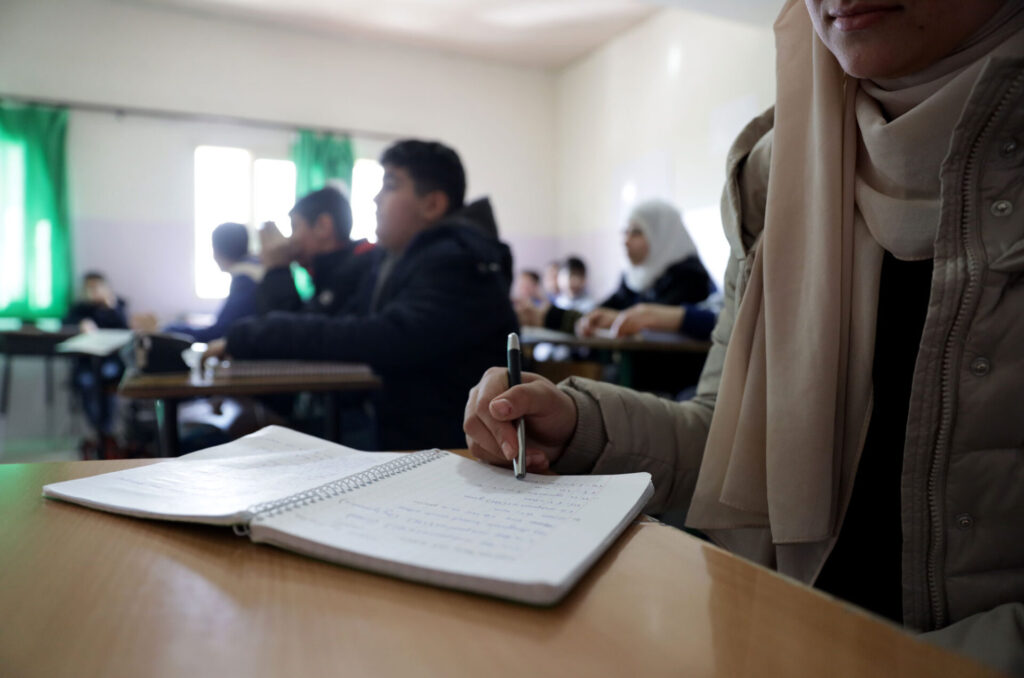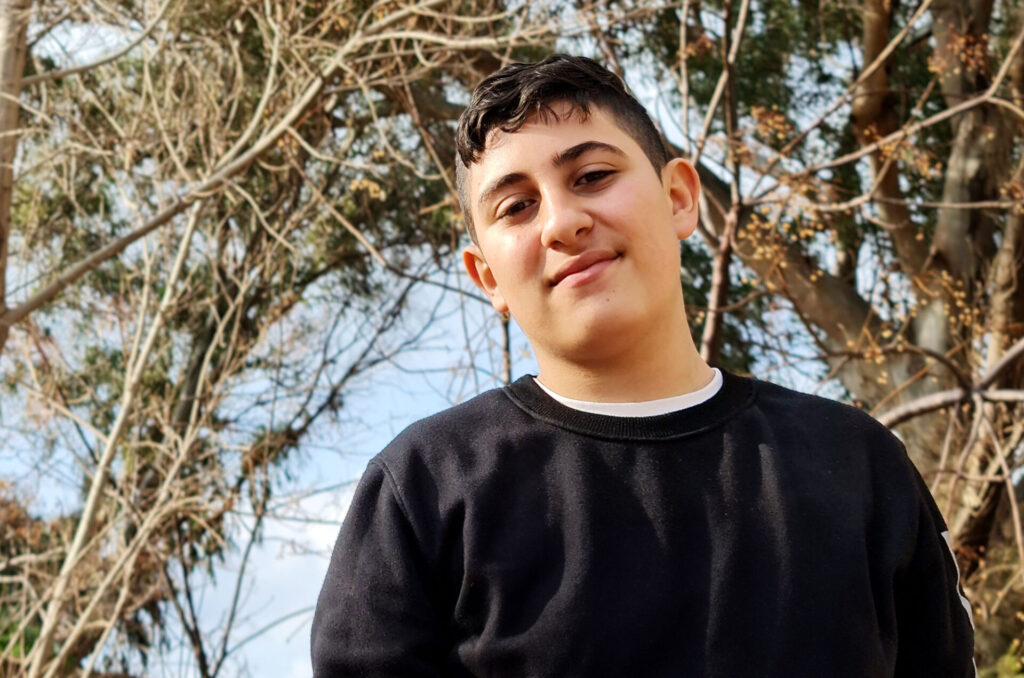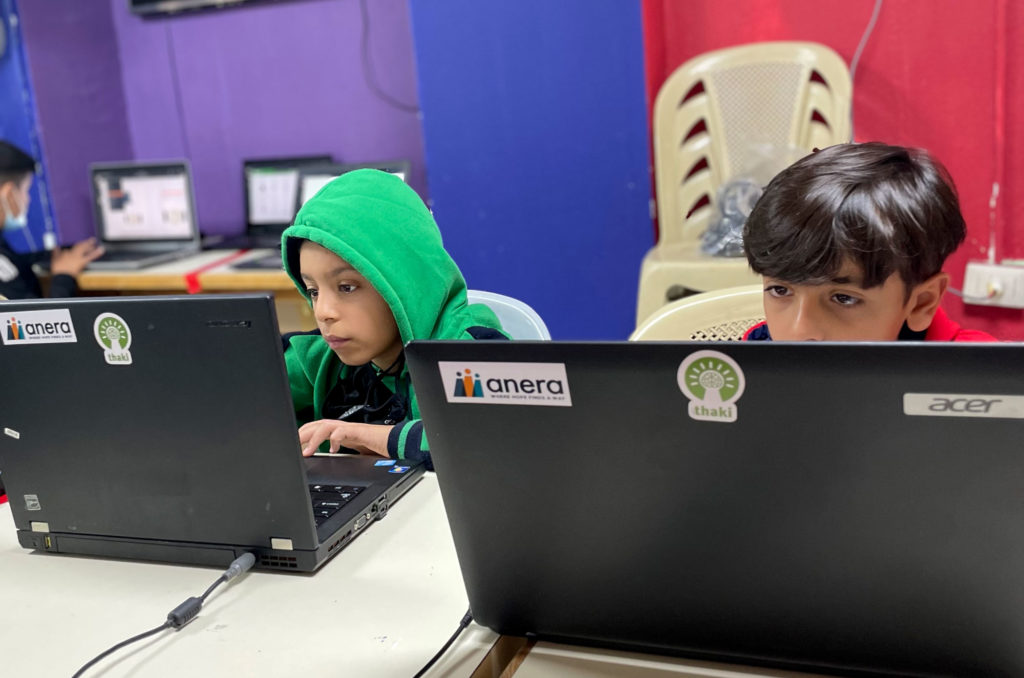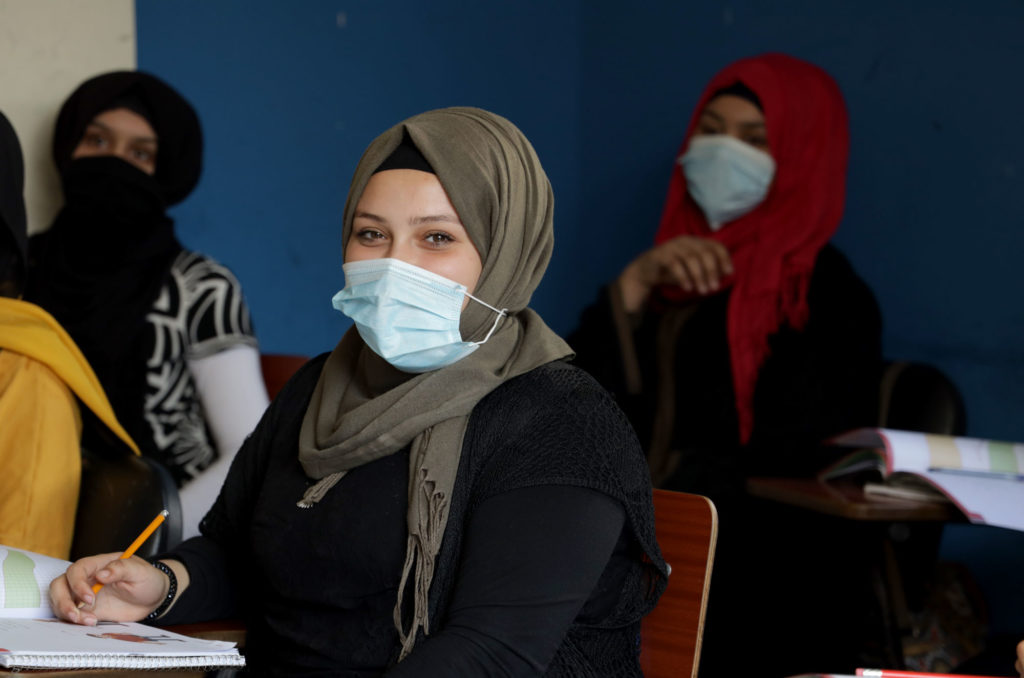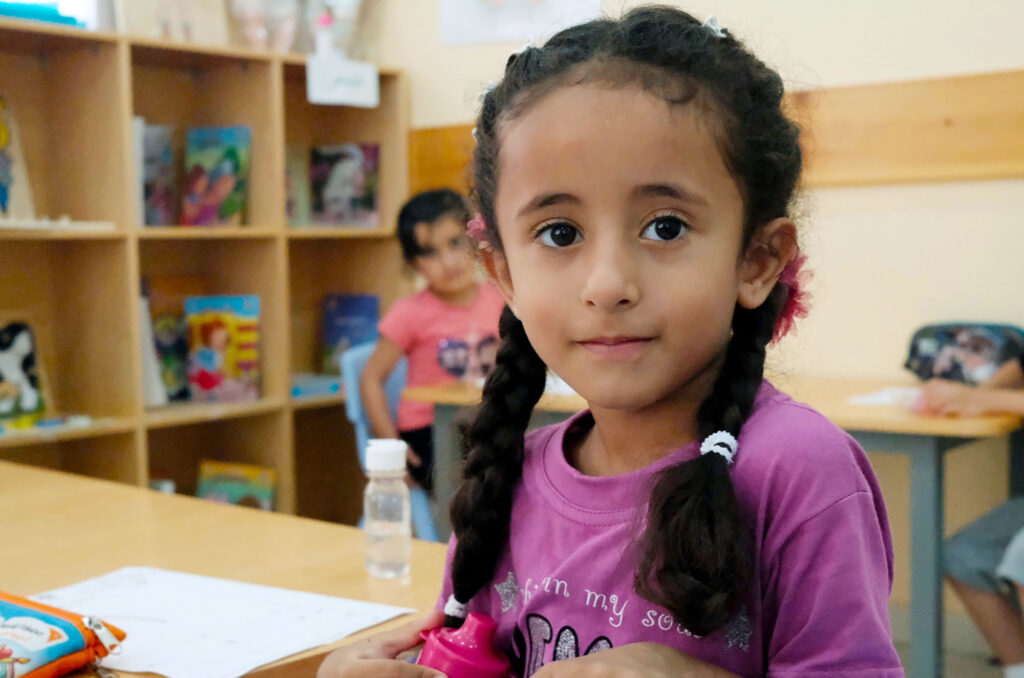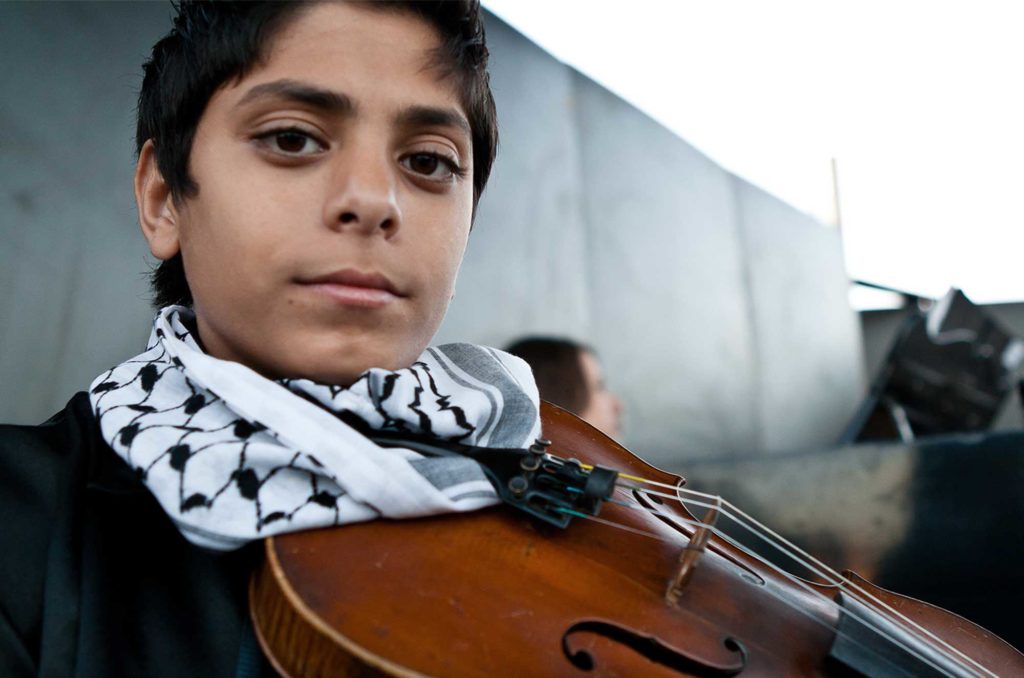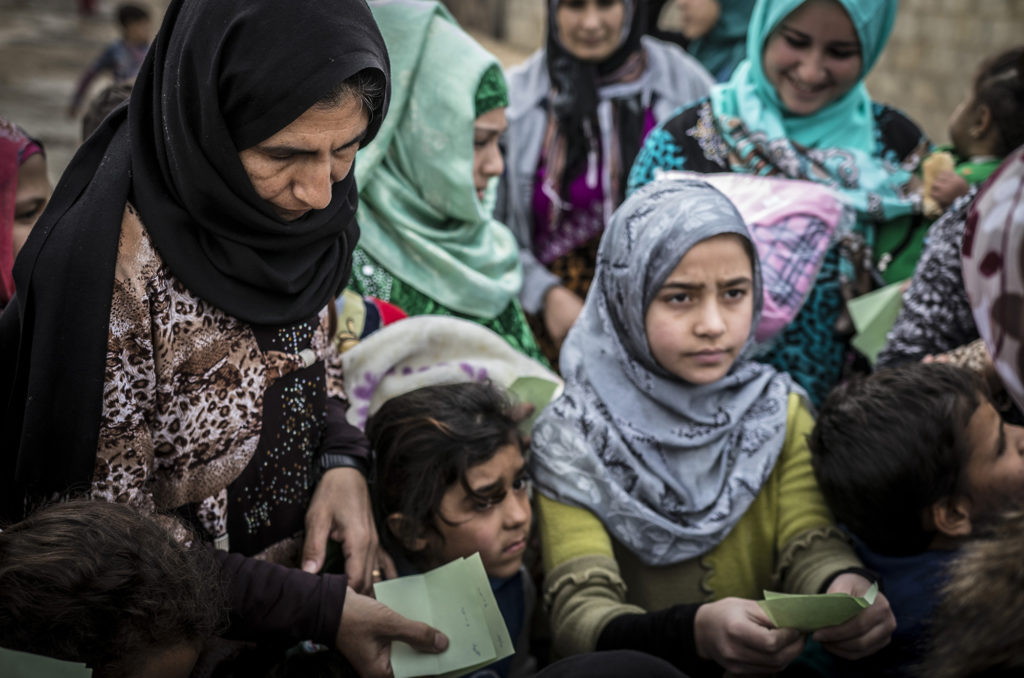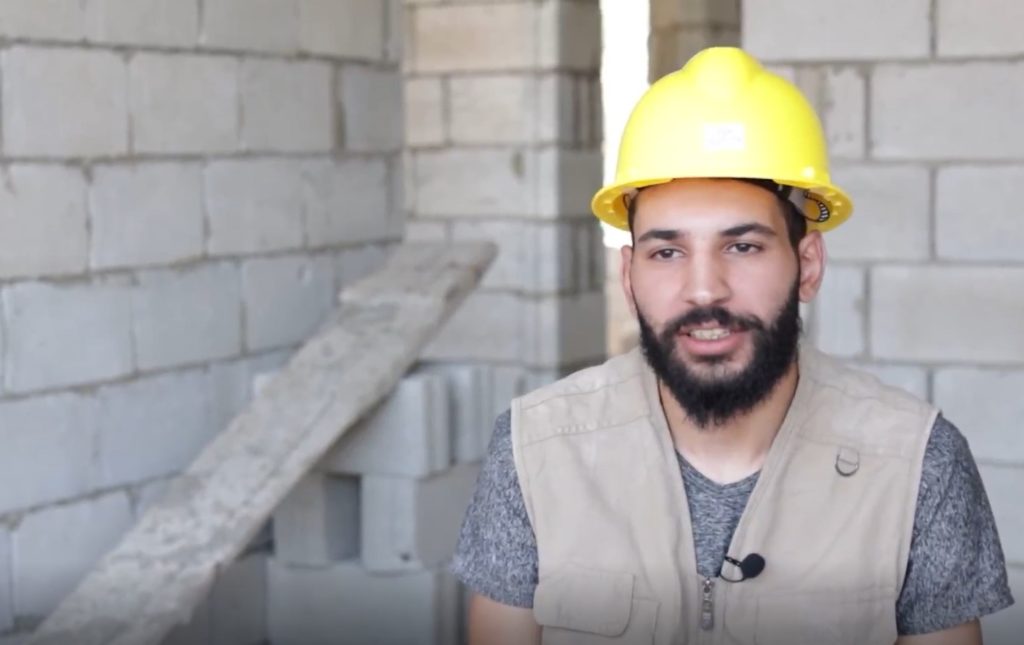What Future for Refugee Youth?
As the largest per capita recipient of refugees in the world, Lebanon’s schools and community organizations have struggled to cope with the influx of millions of refugees since 2011.
More than half of these new refugees in Lebanon are under 18 years old. Both Palestinian and Syrian refugee children drop out of school at an alarming rate. Many in this young generation of refugees never get the chance to go to formal school at all.
To make matters worse, the devastating economic crisis since 2020 has driven many formerly middle class Lebanese students out of private schools and into the public school system, putting further pressure on the nation’s educational infrastructure.
Refugee camps and settlements in Lebanon lack safe spaces for learning, training and recreation, and many kids can’t afford the cost of transportation to schools and training centers outside the camps. Older students often feel the need to earn income to support their families, especially given that job opportunities are severely limited for Palestinians and Syrians in Lebanon, despite academic achievement.
The lack of resources creates a culture of competition that causes tension among Lebanese, Palestinian and Syrian communities, exacerbating the situation.
Pathways to a Better Future
There is a future for refugee youth in Lebanon. Anera’s non-formal education program focuses on bridging the gaps in education for Lebanon’s most vulnerable population. We also emphasize the social and emotional well-being of teens who have experienced trauma or have no respite from tough refugee camp life.
Flexible classes located inside or adjacent to camps and tent settlements provide youth with basic Arabic, English and math training at a variety of levels. Through the refugee education courses, some students are directed to an Accelerated Learning Program or to formal education in Lebanese schools. Other students develop these competencies to keep up with their peers or to enter the job market.
Anera also offers life and health skills courses, ranging from embroidery and soap making to conflict management and hygiene promotion. Similarly, Anera pairs academic classes with sports tournaments and athletic courses that incentivize kids to get involved. Through these opportunities, youths connect with their peers and engage in activities that will improve their confidence and sense of self-worth.
Our Approach to Refugee Education
-
Training Leaders
We train teachers and community leaders to sustain our programs.
-
Community Involvement
We engage the greater community in campaigns to promote education.
-
Accessible Education
Accessibility matters: we do our best to accommodate all learners.
-
Safe Spaces
Anera creates safe spaces for learning and socializing near refugee camps and tented settlements.
-
Gender Inclusivity
Gender inclusion and cultural sensitivity are considered every step of the way.
-
Flexible Classes
Our short, flexible classes meet students where they are, to provide them with the skills they need.
For these young people in Lebanon, having the tools to succeed can help them realize their dreams. Watch and learn more about what they hope to accomplish.

